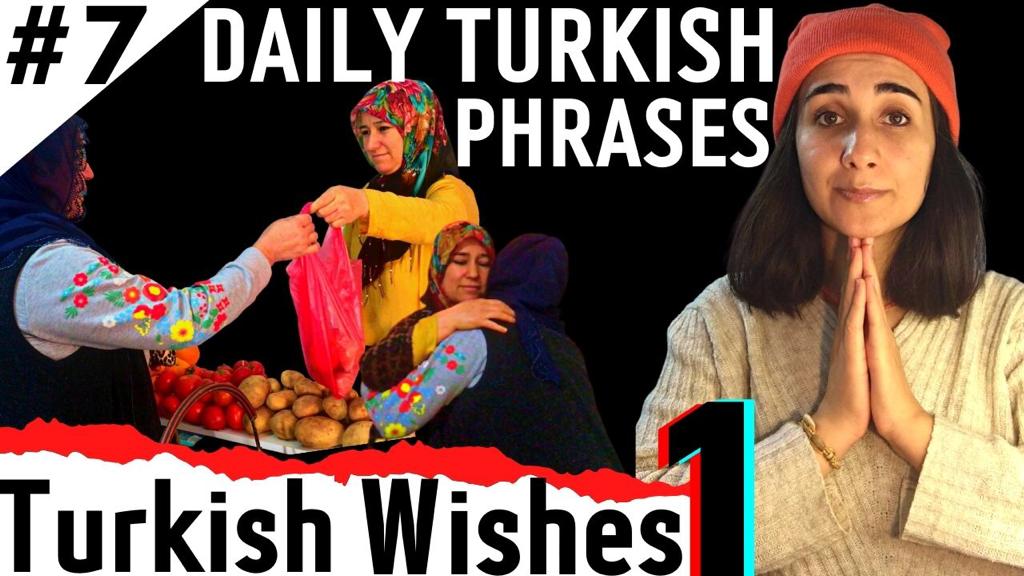Turkish people love to wish someone good things for them so much that you can see that this situation is also reflected in the Turkish language.
For example, there are people who take 5-10 minutes to say goodbye when ending a phone call. There are hundreds of stereotyped (cliche) good wishes in Turkish.
Here is some stereotypical (cliche) good wishes in the Turkish language.
1.KOLAY GELSİN
This has no equivalent in English. You can tell any person doing business. It is used to greet both at the beginning and at the end of the speech. There is warmth and sincerity in this expression. It is not used in very formal settings because it can look simple.
For example, you are invited for an interview at a large company. You went and you greeted the boss “kolay gelsin” at the entrance. It may seem inappropriate to the boss.
Except for the very formal places, you can use this anywhere. You can tell a man who sweeps the street, a mother who does the housework, a shopkeeper who owns a small business.
This will create a positive and warm atmosphere in your communication. it means “I wish you ease in your job“.
2.ALLAH KAVUŞTURSUN
Not a greeting, but a good wish. There is sadness in it, but there is also hope. It is a good wish heard by those who are far from a loved one.
You can use this phrase to mean “I pray to God to reunite you and I hope you will be together again“. So if you say this to someone who is far from a loved one, you are praying for him to be together again.
3.NAZAR DEĞMESİN
“Nazar“, translated as the evil eye, evil gaze, looking with envy and admiration. Carries the belief that others can negatively affect the person they look at because of such evil and admiring glances and radiate negative energy.
The phrase “Nazar değmesin” which means “Don’t let the evil eye touch you” is used when people envy or like something in order not to spread this bad energy. Thus, he believes that he protects the person he looks at from evil.
If you know or have heard the meaning of the word “mashAllah” in Arabic, you may know that it is used in the same sense. In fact, Turkish people often use these two words side by side. MaşAllah, nazar değmesin.
4.SELAMETLE
Turkish people use this phrase a lot. They sometimes like to use it at the end of daily conversation and also say it to the passengers. “Selametle” means wishing mentally and physically healthy.
5.SAĞ SALİM GİT
This phrase is said to the passengers and has a sincere meaning: “I wish you to arrive without anything bad happening to you“.
